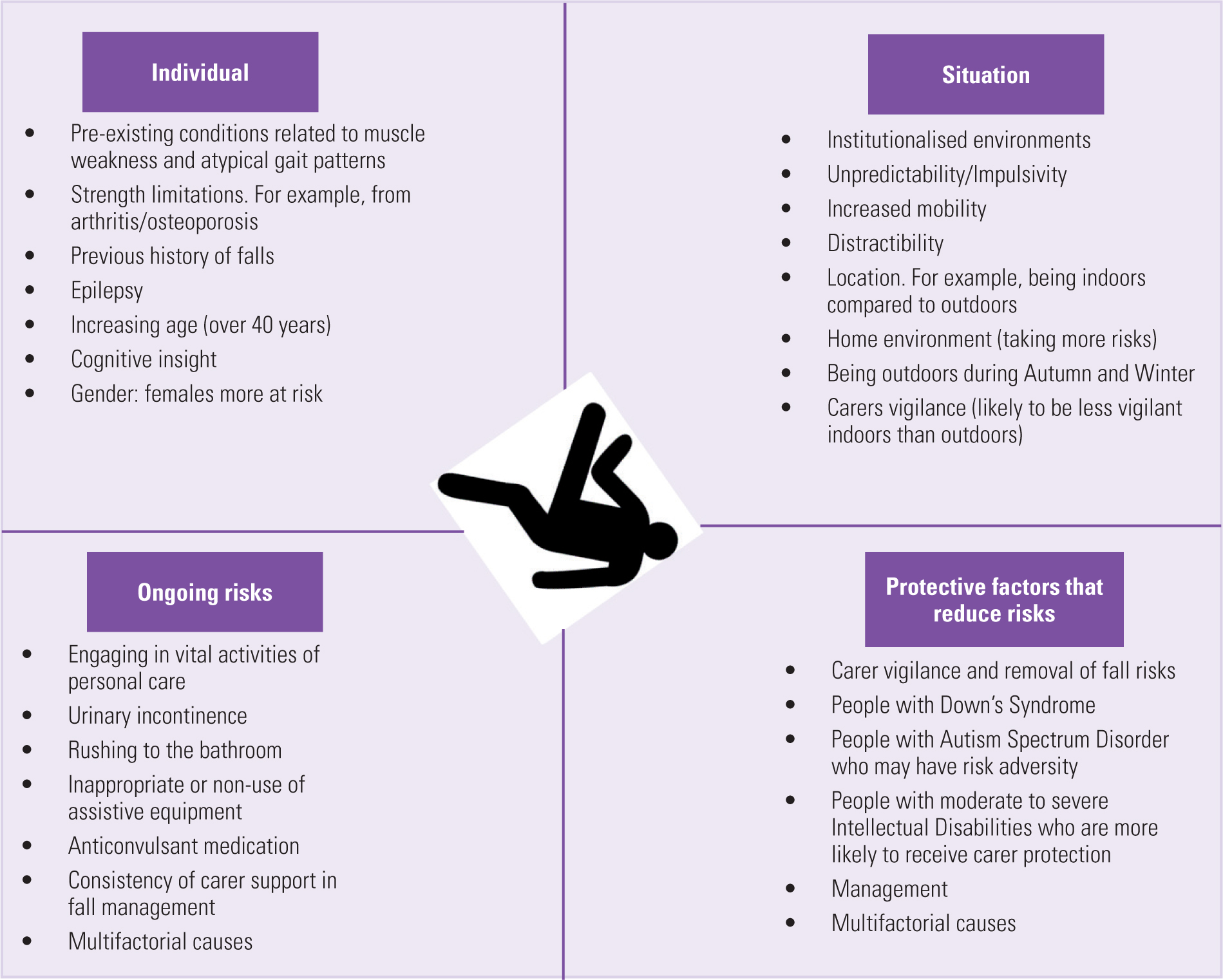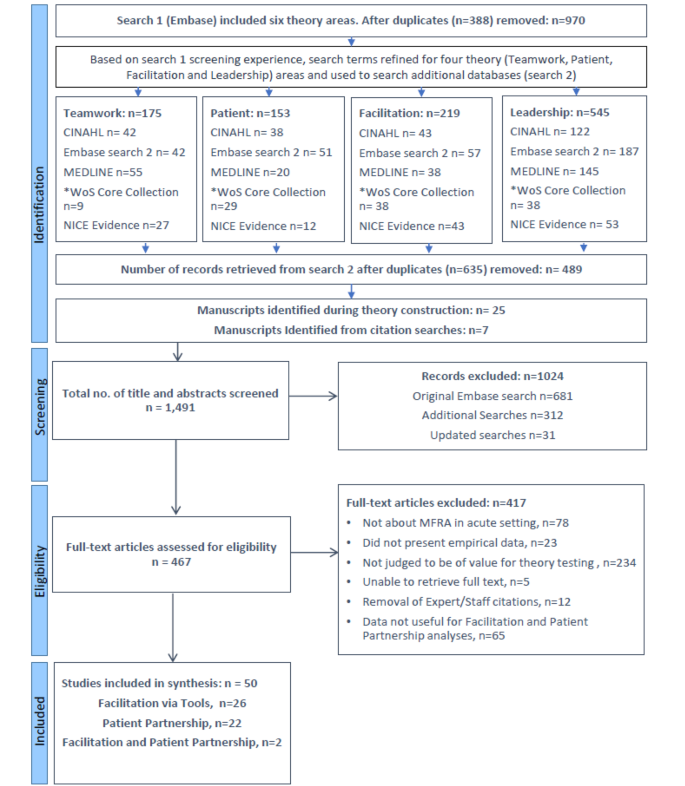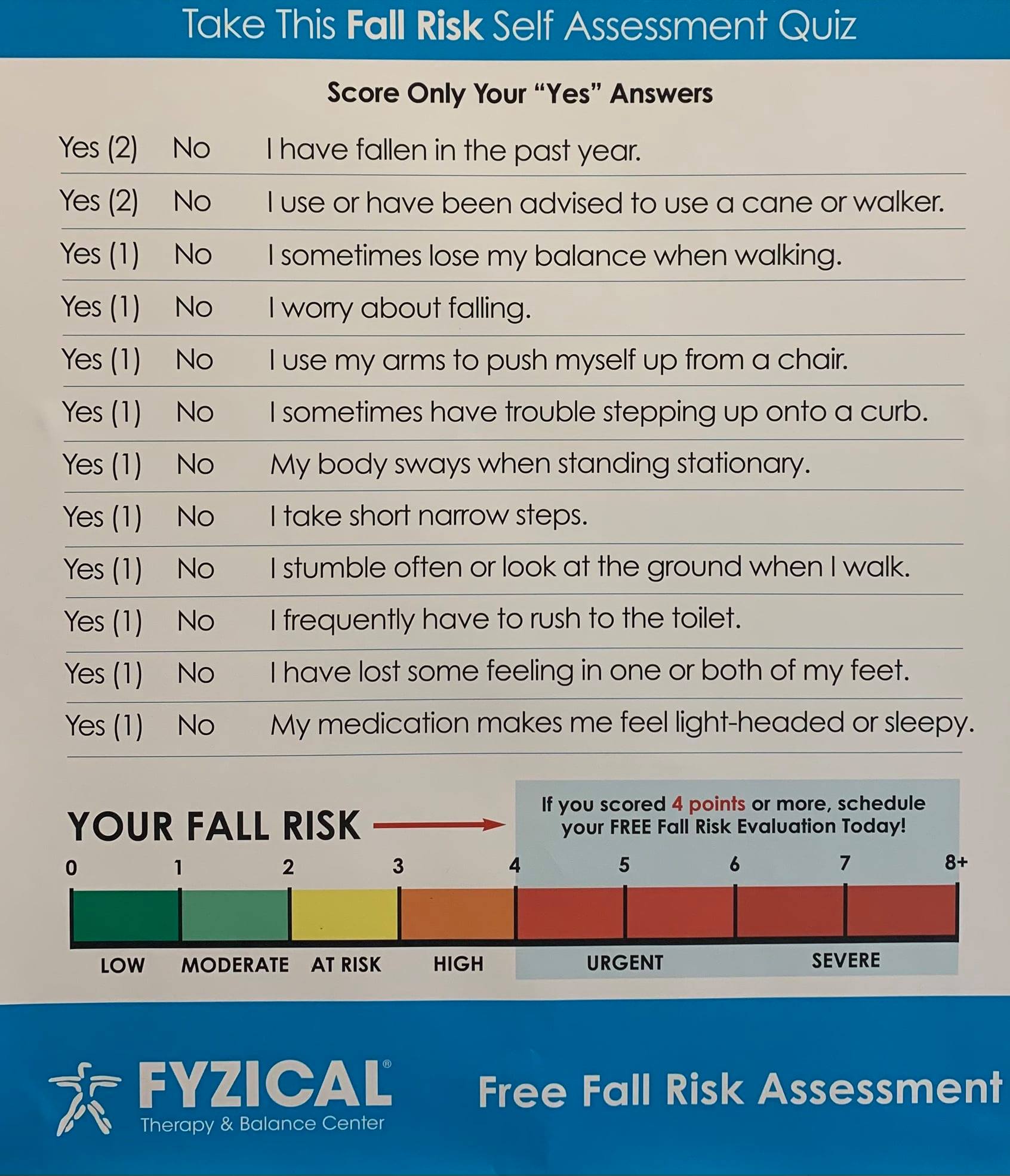Dementia Fall Risk for Dummies
Dementia Fall Risk for Dummies
Blog Article
An Unbiased View of Dementia Fall Risk
Table of Contents3 Simple Techniques For Dementia Fall RiskAn Unbiased View of Dementia Fall RiskRumored Buzz on Dementia Fall RiskThings about Dementia Fall RiskDementia Fall Risk for Dummies
In the community, poor road lighting or unprotected creeks and garbage dumps may also cause mishaps. Falls Risk Evaluation Tool (FRAT) is a 4-item falls-risk screening tool for sub-acute and property treatment. The FRAT has 3 sections: fall threat condition, risk factor checklist, and activity strategy. A Fall Danger Condition consists of data regarding history of recent drops, medications, emotional and cognitive status of the client.If the person ratings on a threat element, the equivalent number of factors are counted to the patient's fall danger score in the box to the far. If a patient's autumn risk rating amounts to 5 or greater, the person goes to high risk for drops. If the patient scores just four factors or reduced, they are still at some risk of falling, and the registered nurse needs to use their best professional assessment to take care of all loss risk aspects as component of an all natural treatment plan.
These standard approaches, as a whole, help develop a secure setting that reduces unexpected falls and marks core preventive procedures for all clients. Indicators are crucial for people at danger for drops. Doctor need to recognize that has the problem, for they are accountable for applying actions to promote patient safety and stop drops.
How Dementia Fall Risk can Save You Time, Stress, and Money.
As an example, wristbands should consist of the client's last and initial name, date of birth, and NHS number in the UK. Details ought to be printed/written in black versus a white history. Just red color needs to be used to indicate unique person status. These suggestions are regular with current developments in individual identification (Sevdalis et al., 2009).
Things that are also far may require the person to connect or ambulate needlessly and can possibly be a threat or add to drops. Assists prevent the person from heading out of bed without any kind of assistance. Registered nurses reply to fallers' call lights a lot more quickly than they do to lights initiated by non-fallers.
Visual disability can considerably cause drops. Hip pads, when used effectively, may decrease a hip crack when autumn happens. Keeping the beds closer to the flooring reduces the threat of drops and significant injury. Putting the mattress on the floor considerably reduces autumn threat in some healthcare settings. Low beds are created to lessen the distance a person falls after moving out of bed.
The Ultimate Guide To Dementia Fall Risk
Clients who are high and with weak leg muscle mass that attempt to rest on the bed from a standing placement are most likely to drop onto the bed due to the fact that it's as well low for them to lower themselves securely. If a tall client attempts to get up from a reduced bed without aid, the individual is most likely to drop back down onto the bed or miss out on the bed and drop onto the flooring.
They're made to advertise timely rescue, not to stop drops from bed. Distinct alarm systems can additionally advise the person not to rise alone. Using alarms can also be a replacement for physical restrictions. Other than bed alarms, enhanced supervision for risky individuals additionally may assist official site prevent falls.

Patients with a shuffling gait increase fall possibilities considerably. To minimize loss threat, shoes should be with a little to no heel, slim soles with slip-resistant step, and support the ankles. Recommend individual to use nonskid socks to avoid the feet from moving upon standing. Urge people to wear ideal, well-fitting shoesnot nonskid socks for motion.
The 9-Minute Rule for Dementia Fall Risk
In a study, homes with appropriate illumination report less drops (Ramulu et al., 2021). Renovation in lighting at home may decrease loss rates in older adults.

Sitters are reliable for assuring a secure, protected, and safe environment. Studies showed really low-certainty proof that check over here caretakers minimize fall risk in severe treatment hospitals and only moderate-certainty that options like video clip monitoring can reduce sitter use without boosting loss danger, recommending that caretakers are not as helpful as at first thought (Greely et al., 2020).
Some Known Questions About Dementia Fall Risk.

Raised physical conditioning decreases the threat for falls and restricts injury that is endured when loss takes place. Land and water-based exercise programs might be likewise beneficial on balance and gait and thereby lower the risk for drops. Water exercise may contribute a positive advantage on equilibrium and gait for women 65 years and older.
Chair Rise Workout is a basic sit-to-stand workout that aids enhance the muscle mass in the thighs and buttocks and boosts movement and freedom. The goal is to do Chair Rise workouts without making use of hands as the client becomes stronger. See resources area for a detailed direction on just how to carry out Chair Rise exercise.
Report this page